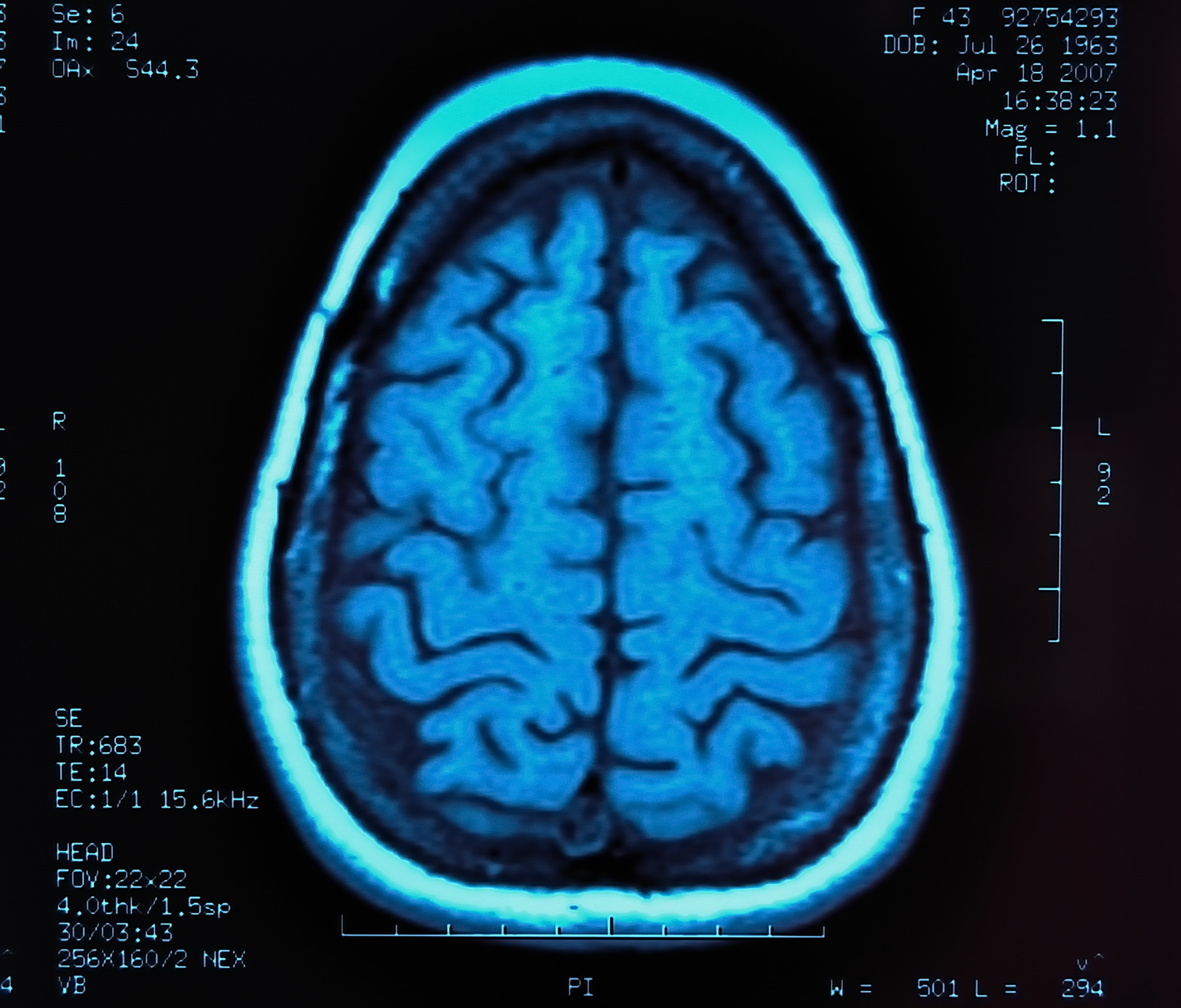Damage to ‘Projection Neurons’ in MS Possible Cause of Brain Atrophy, Study Says

Projection neurons, a specific type of nerve cell, are prone to damage in the brain of people with multiple sclerosis (MS), and could be at the root of brain atrophy (shrinkage) and the cognitive changes seen in patients.
Looking at individual cells in the brain, scientists found that projection neurons are destroyed by immune cells that attack other cells there (autoimmunity), which could translate into selective damage of neurons.
They believe these observations open a new window for understanding why inflammation in the brain causes MS to progress, and possibly to therapies that target the damage being done.
The study, “Neuronal vulnerability and multilineage diversity in multiple sclerosis,” published in the journal Nature.
Previous research has shown that the outermost layer of the cerebrum, called the cortex, shrinks over time in MS patients, a process known as cortical atrophy. But the biological underpinnings of this process remain unclear.
An international team of researchers with the University of Cambridge, the University of Heidelberg, and the University of California, San Francisco used post-mortem brain samples from MS patients to investigate which brain cells are more injured, and which are implicated, in the disease.
The team used a new technique — called single nuclei RNA sequencing — that allows scientists to study in detail the changes in gene activity happening inside the nucleus of individual cells, where most of a cell’s DNA is enclosed.
Doing so, and comparing their findings to brain samples from people without MS, they could study the genetic makeup of multiple cell types in MS lesions “to understand why some cells might be more susceptible to damage in MS than others,” Lucas Schirmer, from the University of Heidelberg and one of the study’s lead researchers, said in a press release.
“Our results showed that a particular type of nerve cell called ‘projection neurons’ were particularly vulnerable to damage in the brains of MS patients,” Schirmer added.
Projection neurons are normally involved in communicating information across areas of the brain. This suggests that damage to these cells would affect cognitive abilities in MS patients.
The loss of these particular neurons — in specific, a type scientists identified as excitatory CUX2-expressing projection neurons — may also help explain why the brains of people with MS shrink over time. The more of these cells that are damaged and die off, the smaller is brain mass.
Researchers also showed that immune cells — microglia and macrophages — that attack other cells within the immune system, normally to destroy pathogens by ingesting them, were “eating up” projection neurons. These attacks are stress-inducing and damage the brain.
“We found that antibody-producing immune cells are related to the damage of the important projection neurons in MS brains,” said David Rowitch, the study’s senior scientist with the University of Cambridge.
“This suggests that cell therapies targeting these immune cells could protect projection neurons and provide a novel treatment for progressive MS,” Rowitch suggested.
Bruce Bebo, executive vice president for research at the National MS Society, which supported this study, concluded: “Research, such as Professor Rowitch’s on projection neurons in MS brain tissue, contributes to our understanding of the underlying pathology in MS and is likely to lead to better, more targeted ways to stop the disease, protect the nervous system from further injury, and slow down progression.”






